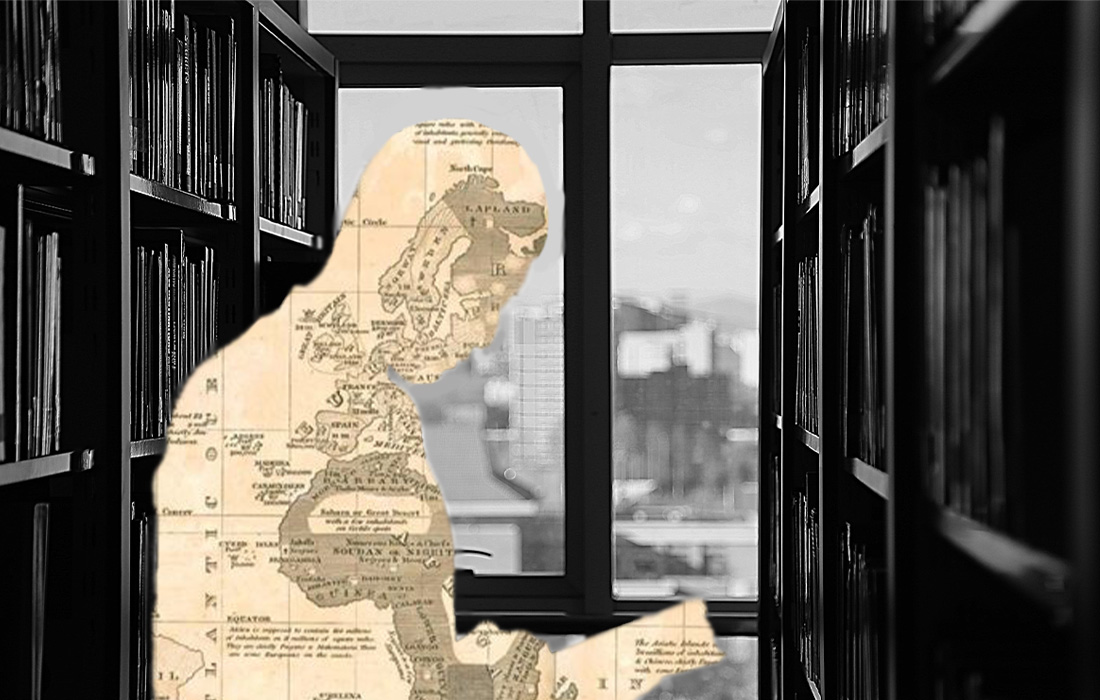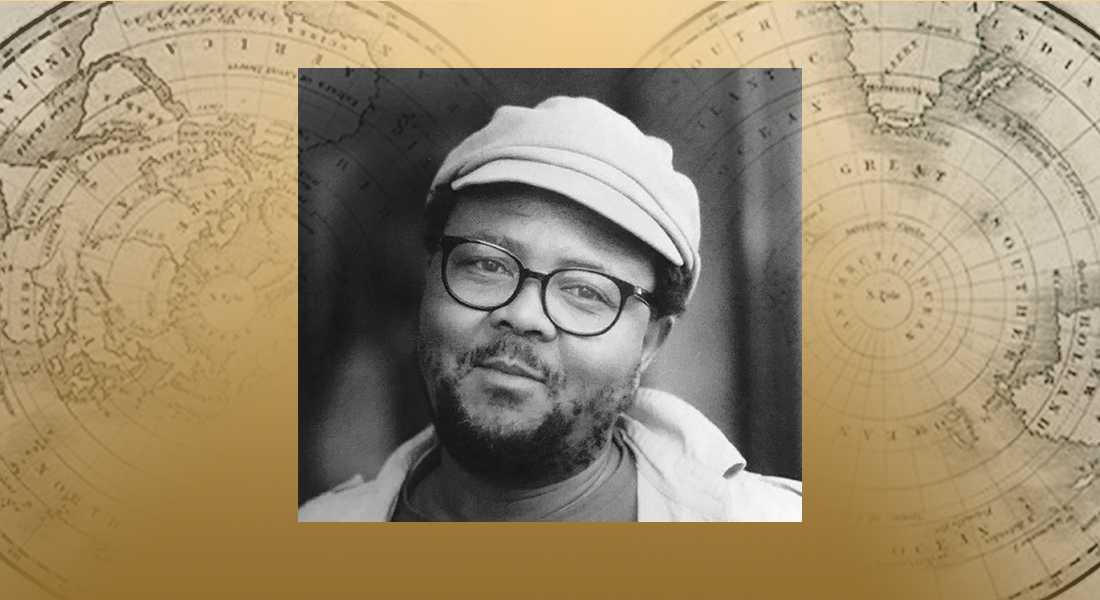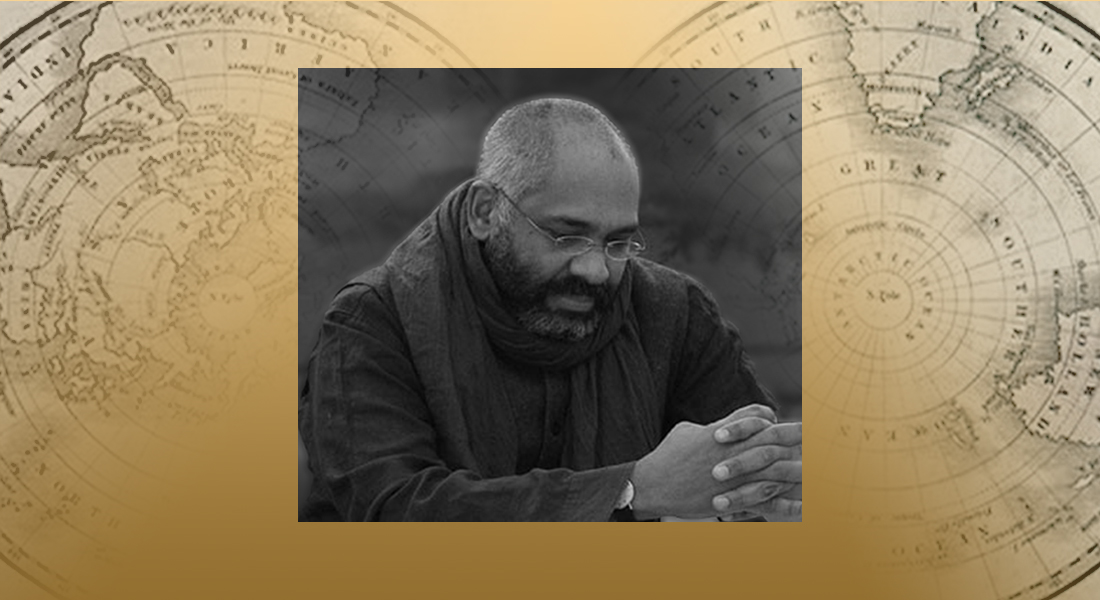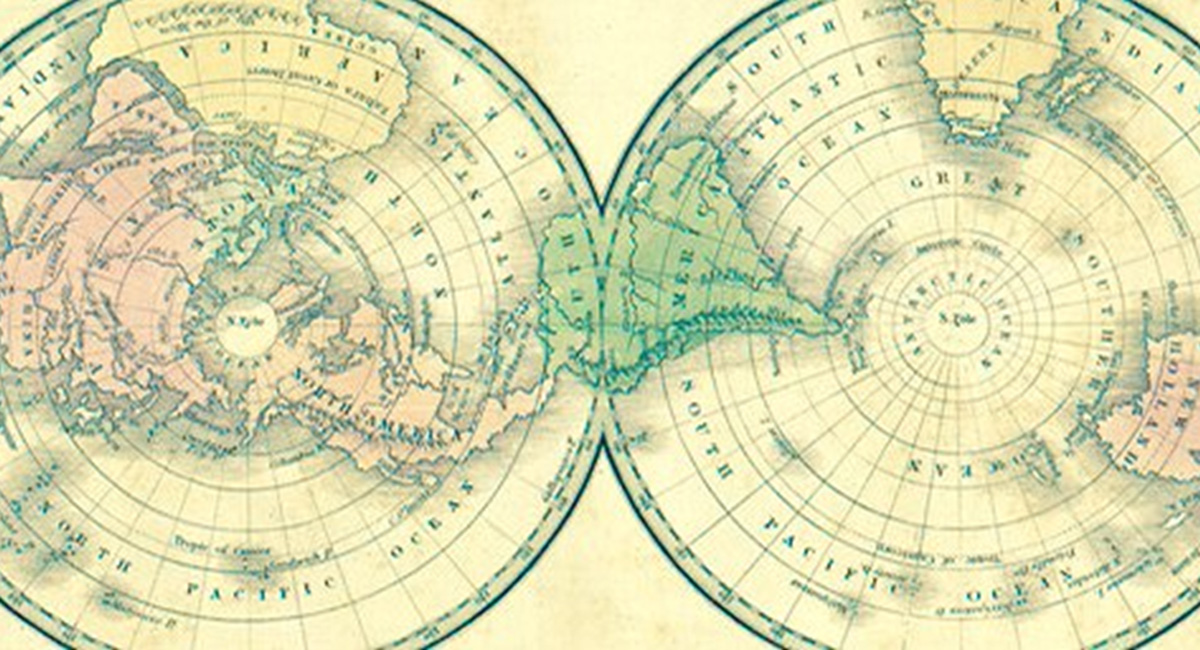The popular nature of xenophobia, the violence involved in labor disputes on the mines, and the violence of citizenship regarding who belongs, are vivid reminders of how migrancy continues to pose a challenge for critical thought, and provides insights into the nature of political practice and democratic promise in Africa.
Through the figure of the “migrant” we wish to understand how instances of violence in South Africa remain embedded in the legacies of colonial citizenship. We invite applications that address themselves to dilemmas of citizenship in postcolonial Africa, from a Southern African vantage point.
In order to encourage new thinking that speaks to the predicaments of our times, we invite proposals from candidates in philosophy and political theory working on questions of Citizenship and Justice. These two concepts have a capacious and canonical presence in political philosophy, and in our understandings of both the classical and modern worlds. We encourage reflection on Citizenship and Justice in ways that seek to understand these in the wake of the plurality of sources of knowledge, and the histories and genealogies of these concepts immersed in the concrete politics of knowledge, power and political practices that have constituted our modernity. What might it mean then to teach and research political theory and political philosophy in an African university in the contemporary world?
The Migrating Violence platform of the Flagship established a research project on Citizenship and Justice (funded through the AWMF) which supports the fellowship pipeline, as well as the creation of two permanent lecturer positions in Political Studies and Philosophy.







